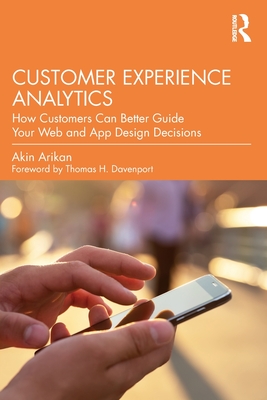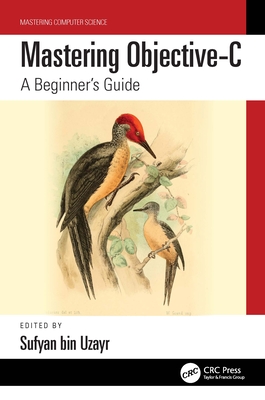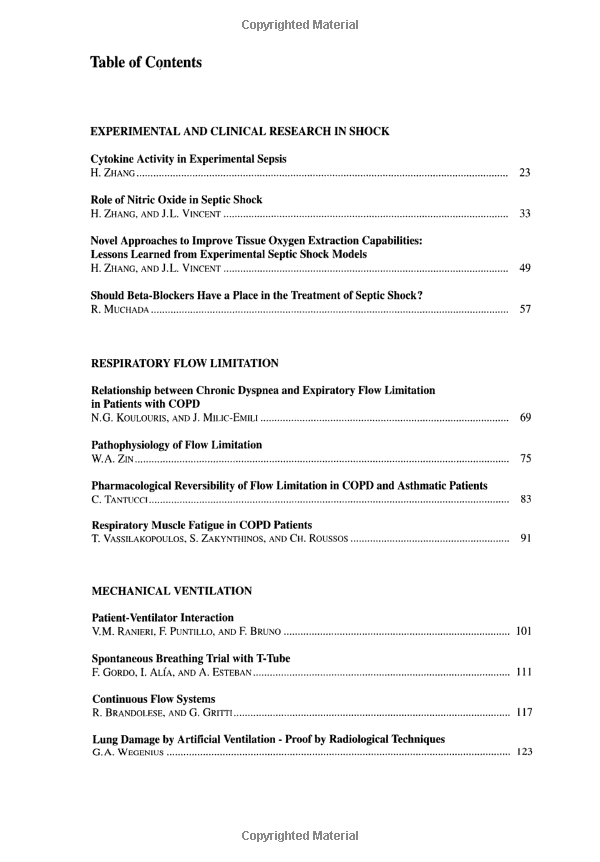图书简介
The management of critically ill patients has,in the past few years, been a discipline at the forefront of development which continues to make progress with the support of basic and clinical research in the broadest sense. The application of biotechnology in this particular area has revealed itself to be essential in an attempt to provide the best interpretation of the bio-humoral and functional alterations present in a long series of often complex clinical conditions. The care of the critically ill is also at the forefront in the application of increasingly sophisticated clinical monitoring systems that also contribute to standardizing certain procedures, establish guidelines, and evaluate the efficacy of therapeutic interventions and their costs.
Experimental and Clinical Research in Shock.- Cytokine Activity in Experimental Sepsis.- Role of Nitric Oxide in Septic Shock.- Novel Approaches to Improve Tissue Oxygen Extraction Capabilities: Lessons Learned from Experimental Septic Shock Models.- Should Beta-Blockers Have a Place in the Treatment of Septic Shock?.- Respiratory Flow Limitation.- Relationship between Chronic Dyspnea and Expiratory Flow Limitation in Patients with COPD.- Pathophysiology of Flow Limitation.- Pharmacological Reversibility of Flow Limitation in COPD and Asthmatic Patients.- Respiratory Muscle Fatigue in COPD Patients.- Mechanical Ventilation.- Patient-Ventilator Interaction.- Spontaneous Breathing Trial with T-Tube.- Continuous Flow Systems.- Lung Damage by Artificial Ventilation - Proof by Radiological Techniques.- Barotrauma, Volume Trauma and Their Relation to FRC.- Iatrogenic Lung Damage by Artificial Ventilation: What Is the Role of the Pulmonary Surfactant System?.- Side Effects of Mechanical Ventilation: Molecular Mechanisms.- Physiological Rationale to Prevent Ventilation-Induced Lung Injury.- Iatrogenic Lung Damage by Artificial Ventilation - Clinical Confirmation.- Mechanical Ventilation in ARDS: What a Fine Mess!.- Rationale for Reduction of Alveolar Ventilation in ARDS.- Cardiovascular.- Perioperative Hypertension.- Therapy of Perioperative Myocardial Ischemia.- Selection of Patients for Invasive Haemodynamic Monitoring.- Anaesthetic Considerations for Major Cardiovascular Surgery.- Therapeutic Strategies in Patients Suffering from Myocardiopathy (Awaiting Transplantation).- Head Injuries.- Pathophysiology of Head Trauma.- Cerebral Edema in Brain Ischemia and Trauma.- Cerebral Blood Flow and Metabolism in Severe Head Injury.- Monitoring of Jugular Bulb Hemoglobin Oxygen Saturation (SjvO2).- Integrated Monitoring in Intensive Care Head Injured Patients.- Surgical Management of Severely Head Injured Patients.- Thermoregulation - Metabolism.- Heat Exchange.- Perioperative Hypothermia. Prevention and Treatment.- Alternative Strategies to Deal with Perioperative Hypothermia.- Hypothermia for Neuroprotection.- Metabolism after Injury: The Effects of G. H..- Kidney - Liver - Acid-Base Balance.- Evolution of Hernofiltration.- Prevention of Acute Oliguric Renal Failure.- High Volume Slow Continuous Venovenous Hemofiltration in Septic Nonoliguric Burned Patients.- The Role of the Liver in Acid-Base Regulation.- Acid-Base Disturbances during Fulminant Hepatic Failure.- Acid-Base Regulatory Mechanisms during Orthotopic Liver Transplantation.- Sedation and Acute Pain Management.- Sedation and Analgesia in ICU Paediatric Patients.- The Strategy of Sedation and Analgesia in ICU Patients.- Use of Propacetamol in Postoperative Pain.- Tramadol - Acute Postoperative Pain Management.- Neurology.- Neurological Monitoring in the ICU.- Critical Neurologic Dysfunctions: Status Epilepticus and Guillain-Barré Syndrome.- Hyperbaric Oxygenation.- Hemodynamic Effects of Hyperoxia in Hemorrhagic Shock.- Hyperbaric Oxygen in the Treatment of Posthanging Cerebral Anoxia.- Infections - Sepsis.- The Problem of Fever in ICU Patients.- Diagnosis of Pneumonia: Do We Really Need Invasive Techniques in ICU Patients?.- How and Why to Prevent Respiratory Tract Infections in ICU.- Is Reduction in Mortality in Intensive Care Just Another Holy Grail?.- Clinical Assessment, Monitoring and Therapeutic Strategies for Septic Patients.- Receptor Blocking Agents: Why Did They Fail?.- High-Risk Pregnancy.- Risk Factors and Maternal Mortality.- Decision Making in High Risk Obstetric Patients.- Coagulation Disorders in the Obstetric Patient.- High Risk Patients and ICU Management.- Clinical Anaesthesia.- Biology of Aging and Anaesthesia.- Preoperative Assessment.- Options for Induction and Maintenance of Hypnosis in Anaesthesia.- The Role of Combined Anesthesia: Pros and Cons.- Preemptiv
Trade Policy 买家须知
- 关于产品:
- ● 正版保障:本网站隶属于中国国际图书贸易集团公司,确保所有图书都是100%正版。
- ● 环保纸张:进口图书大多使用的都是环保轻型张,颜色偏黄,重量比较轻。
- ● 毛边版:即书翻页的地方,故意做成了参差不齐的样子,一般为精装版,更具收藏价值。
关于退换货:- 由于预订产品的特殊性,采购订单正式发订后,买方不得无故取消全部或部分产品的订购。
- 由于进口图书的特殊性,发生以下情况的,请直接拒收货物,由快递返回:
- ● 外包装破损/发错货/少发货/图书外观破损/图书配件不全(例如:光盘等)
并请在工作日通过电话400-008-1110联系我们。
- 签收后,如发生以下情况,请在签收后的5个工作日内联系客服办理退换货:
- ● 缺页/错页/错印/脱线
关于发货时间:- 一般情况下:
- ●【现货】 下单后48小时内由北京(库房)发出快递。
- ●【预订】【预售】下单后国外发货,到货时间预计5-8周左右,店铺默认中通快递,如需顺丰快递邮费到付。
- ● 需要开具发票的客户,发货时间可能在上述基础上再延后1-2个工作日(紧急发票需求,请联系010-68433105/3213);
- ● 如遇其他特殊原因,对发货时间有影响的,我们会第一时间在网站公告,敬请留意。
关于到货时间:- 由于进口图书入境入库后,都是委托第三方快递发货,所以我们只能保证在规定时间内发出,但无法为您保证确切的到货时间。
- ● 主要城市一般2-4天
- ● 偏远地区一般4-7天
关于接听咨询电话的时间:- 010-68433105/3213正常接听咨询电话的时间为:周一至周五上午8:30~下午5:00,周六、日及法定节假日休息,将无法接听来电,敬请谅解。
- 其它时间您也可以通过邮件联系我们:customer@readgo.cn,工作日会优先处理。
关于快递:- ● 已付款订单:主要由中通、宅急送负责派送,订单进度查询请拨打010-68433105/3213。
本书暂无推荐
本书暂无推荐




























